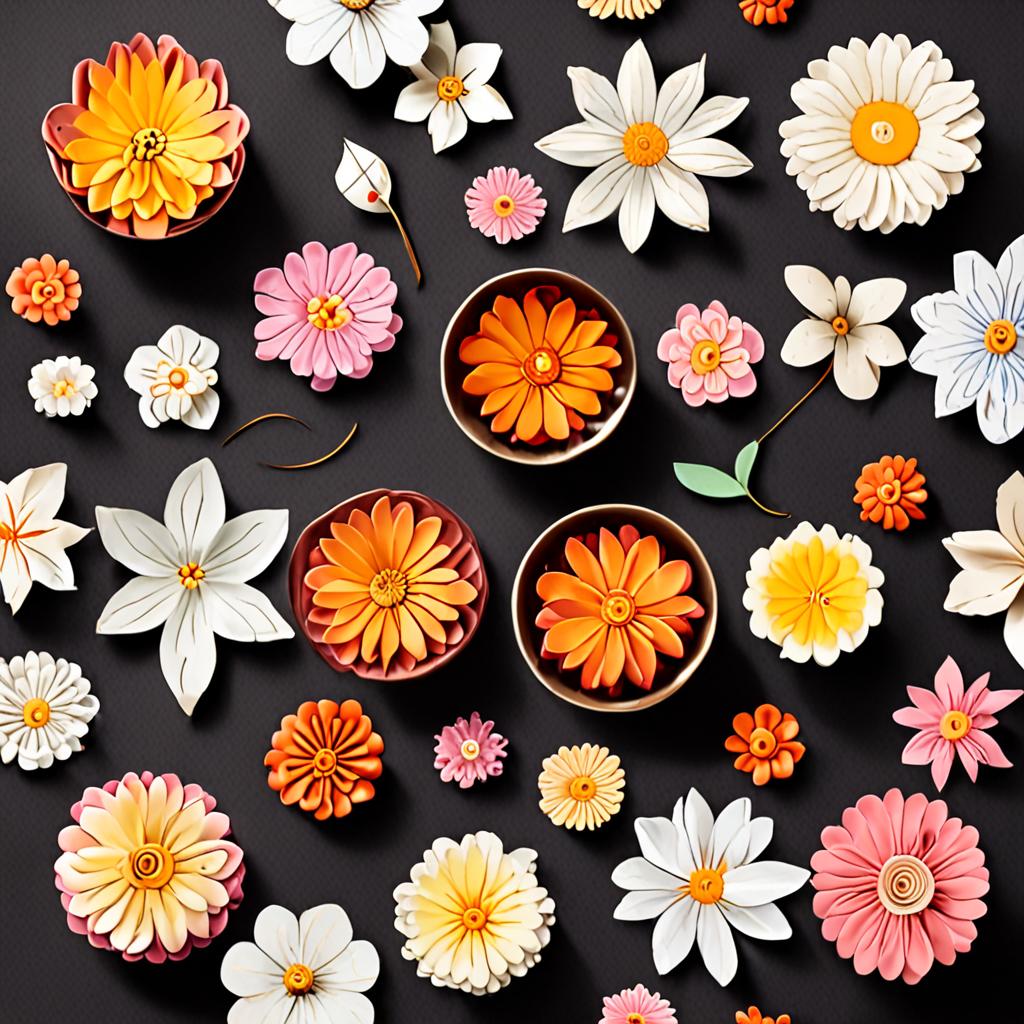Cultivating a grateful heart is a powerful way to enhance your mindfulness and overall happiness. Inspired by the Zen philosophy of finding joy in the ordinary, we invite you to explore the transformative power of gratitude practice. This article will guide you through a simple yet effective method: consistently focusing on the positive aspects of your life. We’ll delve into the importance of a regular gratitude practice, provide practical tips on how to be grateful, and explore the principles of Zen gratitude, revealing how they intertwine with mindfulness and ultimately contribute to lasting happiness.
Understanding the Core of Gratitude Practice
A consistent gratitude practice involves actively acknowledging and appreciating the good things in your life, both big and small. It’s more than just a fleeting “thank you”; it requires a conscious and deliberate effort to reflect on what you truly value. Scientific studies have repeatedly demonstrated that engaging in regular gratitude exercises can significantly increase feelings of happiness, improve overall mental health, and even strengthen relationships. By making it a daily habit to list three things you’re grateful for, you’re essentially retraining your mind to focus on the positive, fostering a more optimistic outlook and building resilience against negativity.
Mindfulness: The Perfect Partner for Gratitude
Mindfulness serves as a powerful complement to gratitude practice. It encourages you to be fully present and aware of your current experiences, allowing you to savor even the simplest of moments. When you practice mindfulness, you open yourself up to the beauty of everyday life – moments that often go unnoticed in our busy routines. Think of enjoying a warm cup of tea, the comforting sound of rain, or a heartfelt conversation with a loved one. By being fully engaged, you can find profound joy in these simple activities, making your gratitude practice even more meaningful and significantly boosting your happiness.
How to Be Grateful: A Simple Exercise
One of the most straightforward ways to begin building a gratitude practice into your daily routine is to simply set aside some time, perhaps at the beginning or end of each day, to reflect on the things you’re grateful for. It could be something specific, like receiving help from a colleague, or something more general, like the beauty of nature or the comfort of your home. Keeping a gratitude journal is an excellent way to capture these reflections. Over time, you’ll likely find it easier and easier to identify things to be grateful for, and you may even begin to notice a positive shift in your overall mood and outlook. Don’t worry about the magnitude of what you write down; the important thing is to cultivate the habit of consciously appreciating the good things in your life.
Embracing Zen Gratitude: Finding Joy in Simplicity
Zen gratitude invites us to discover joy in the present moment, independent of extraordinary events or circumstances. It emphasizes the importance of appreciating the ordinary aspects of life and recognizing that true happiness resides within simplicity. By embracing Zen principles, we can learn to be grateful for the mundane – a gentle breeze, a spontaneous act of kindness, or the warmth of sunlight on our skin. This perspective cultivates a deeper sense of connection and appreciation for ourselves and the world around us. When you practice Zen gratitude, you tap into a limitless source of happiness that is always available, regardless of external factors.
In conclusion, practicing gratitude is a powerful tool for transforming your life, enhancing both mindfulness and happiness. Whether through simple daily reflections, the practice of Zen gratitude, or actively seeking out the good in every situation, cultivating a grateful heart fosters a sense of contentment, resilience, and connection. Embrace the practice, and you’ll discover the beauty that already surrounds you, leading to a more fulfilling and joyful life. Learning how to be grateful is a journey, and every step brings you closer to lasting well-being.



